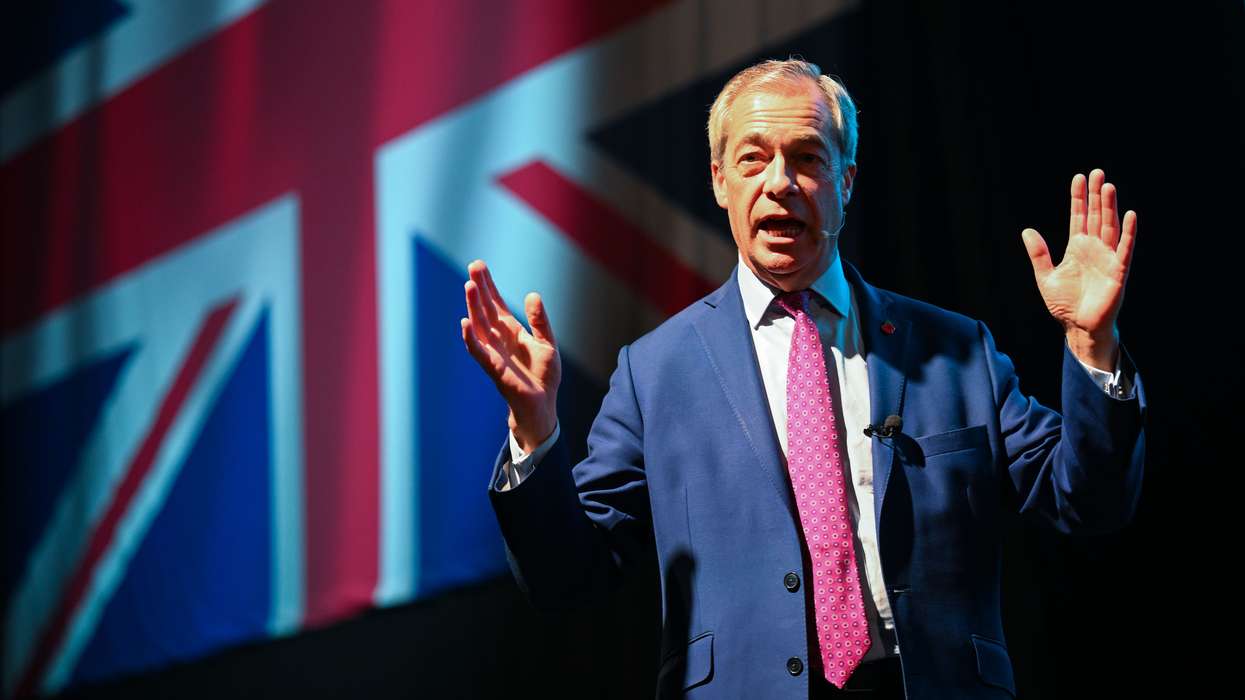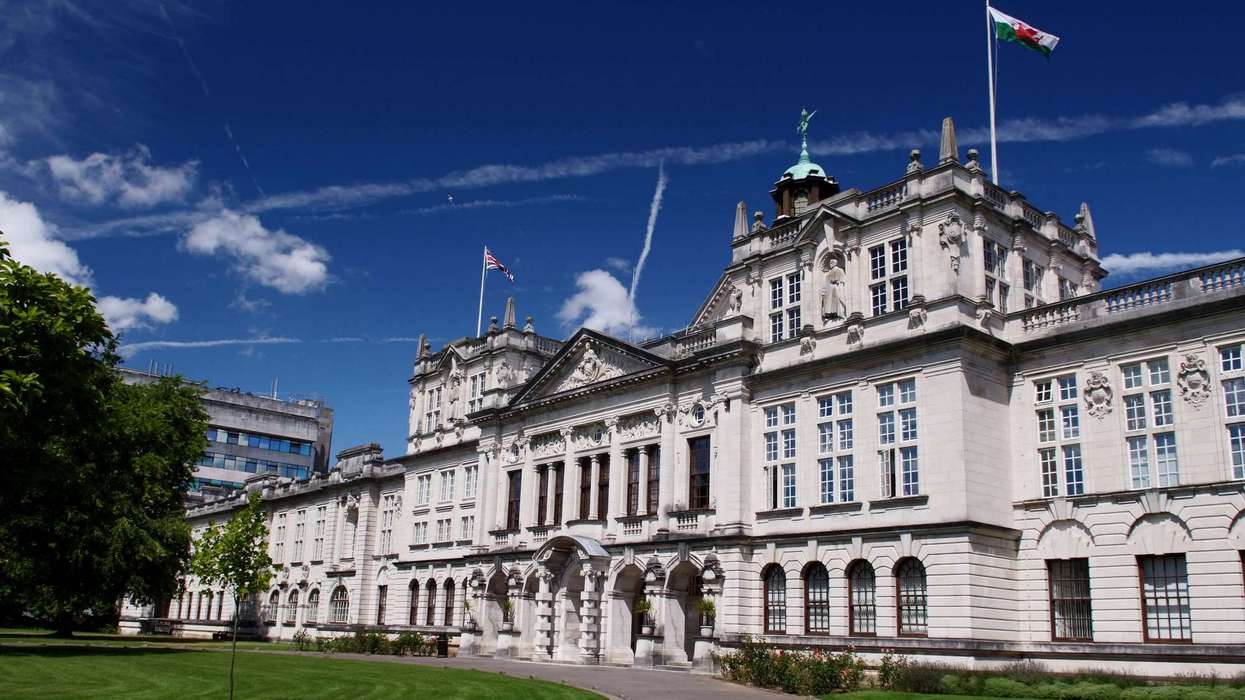LEICESTER residents will see a hike in their bills from the start of April after the city council last Wednesday (19) agreed a 4.99 per cent increase in council tax, the highest possible rise.
It means band B properties in the city will pay an additional £1.44 per week for city council services, raising around £3 million in additional funding for the authority. Elected members also agreed a 2.7 per cent jump in rents for council tenants, which will raise an additional £2.63m.
The higher costs for residents come at a time when the local authority is facing a “painful” financial outlook, with tens of millions of pounds’ worth of service cuts lined up for the coming years to balance the books – something it is legally required to do or it must declare a Section 114 notice, essentially declaring itself bankrupt.
Recent weeks have seen changes in council tax support, which will leave more than 6,000 families worse off. The authority is also expected to cut all council-organised home-to-school transport for post-16 students with special needs.
Borrowing and the sale of land and properties are also required to keep the authority afloat for three years.
The measures in the budget are intended as a three-year stopgap, with council leadership hoping that by the end of the 2027-28 financial year, the government’s local funding review will be complete, and it will have decided to allocate more funds to Leicester.
The council has repeatedly insisted that it does not receive a fair level of funding from the government, especially as it has a high rate of poverty compared to other parts of the country.
However, much of the cash being used by the city to bridge the gap between income and outgoings during the three-year period is “one-off” cash – prompting concerns from some that if the hoped-for funding increase does not materialise, the council is likely to find itself in an even more difficult position at the end of the three-year period.
Leader of the Conservative group on the authority, Hemant Rae Bhatia, said: “[The budget] is a big step in the wrong direction. This Labour administration is kicking the financial can down the road and it will eventually catch up in the 2027/28 financial year unless the Labour Government come to our rescue, but we don’t hold out hope there.”
Further concerns were raised by the opposition regarding the council’s approach to flood defences. Heavy rain at the beginning of the year saw many homes in the city left under water, just a year on from the impact of Storm Henk.
The council has set aside £300,000 for flooding mitigation work in the city for the coming financial year.
Questions were also raised over some of the projects the authority is choosing to spend its limited money on. The refurbishments of Leicester Railway Station and the Jewry Wall museum are frequently raised by opposition members as examples of allegedly wasted funds.
Plans for a £550,000 new café at the King Richard III Visitor Centre were also criticised last week.
However, city mayor, Sir Peter Soulsby, defended his administration’s financial plans, saying this was one of, if not the, hardest budgets his team had ever had to set.
He added: “Despite the severe financial position, though, I’m absolutely determined we will avoid issuing a S114 notice.”
Sir Peter said the authority had received around £19 million more in government funding for the coming year than expected, with some of the money being used to offer continued funding to the city’s nine adventure playgrounds for another year.
Ultimately, the budget was approved with 29 members supporting it and 19 coming out against. This means the changes will come into effect from the start of April.
(Local Democracy Reporting Service)




